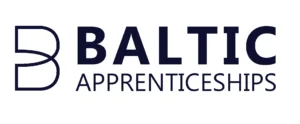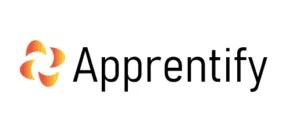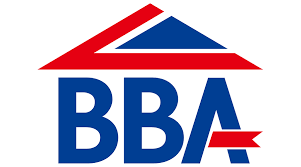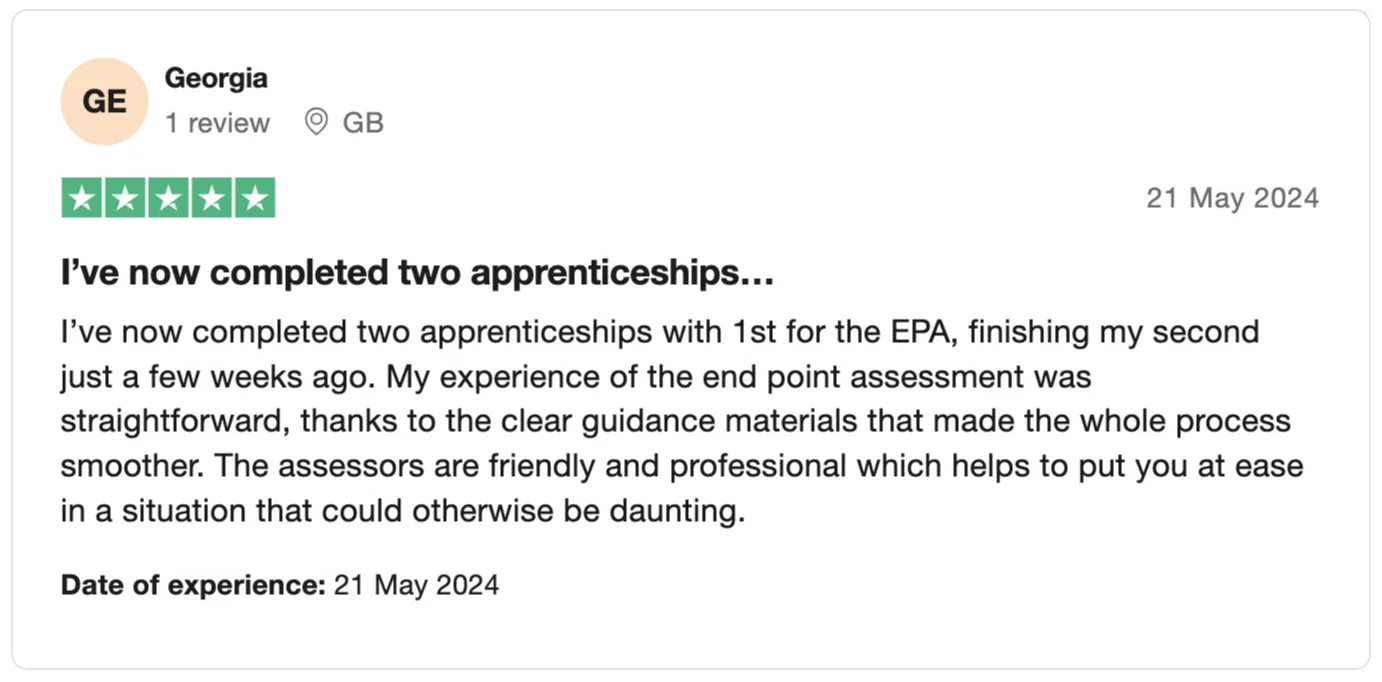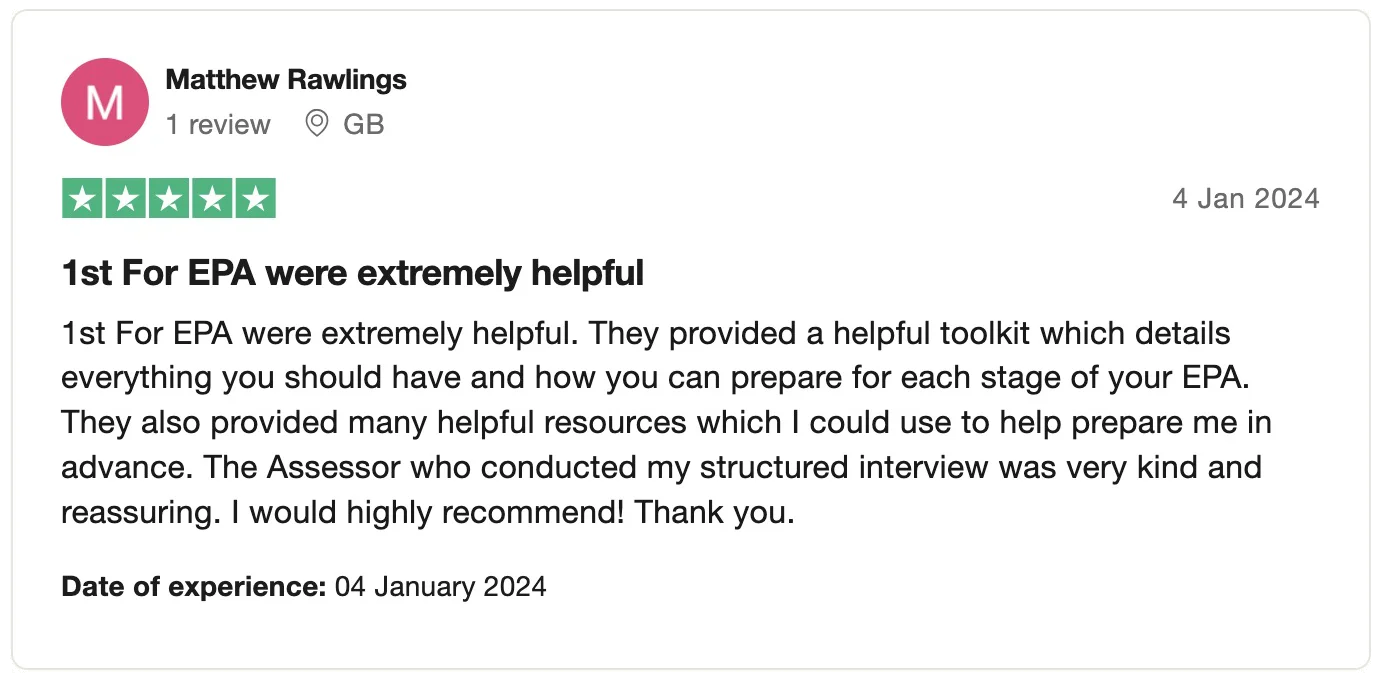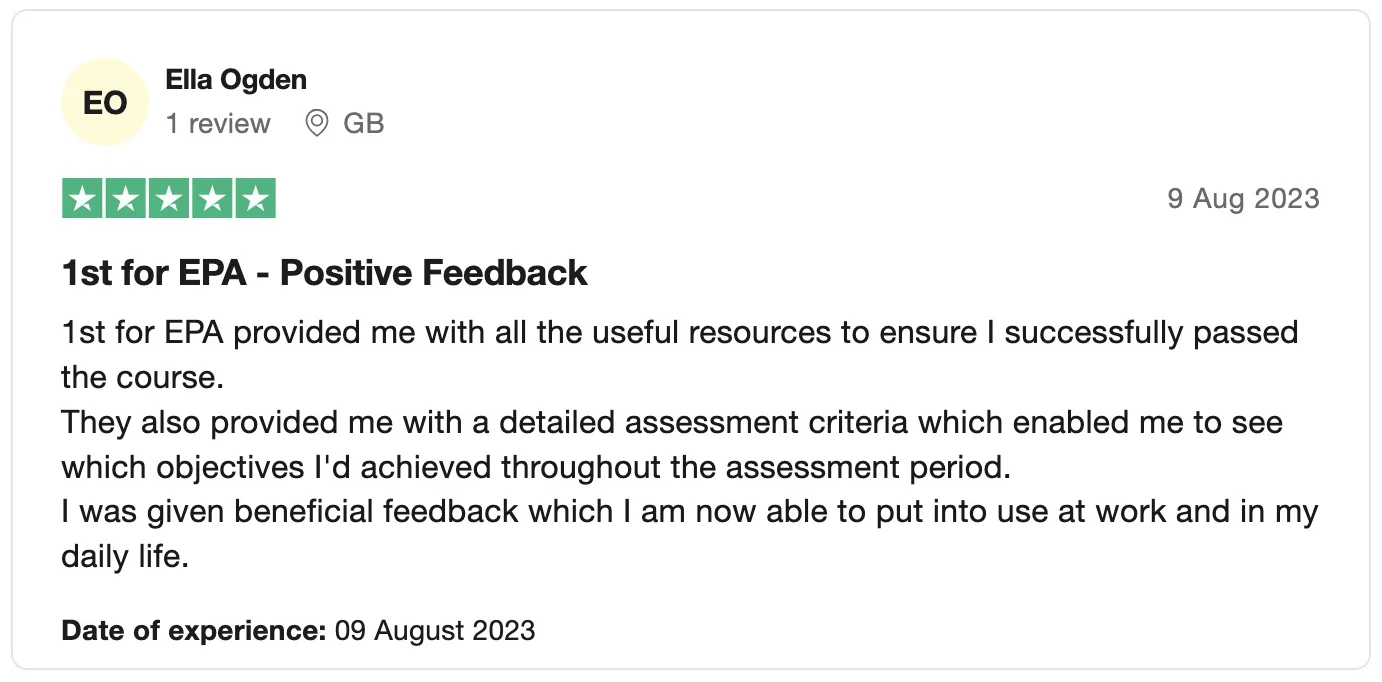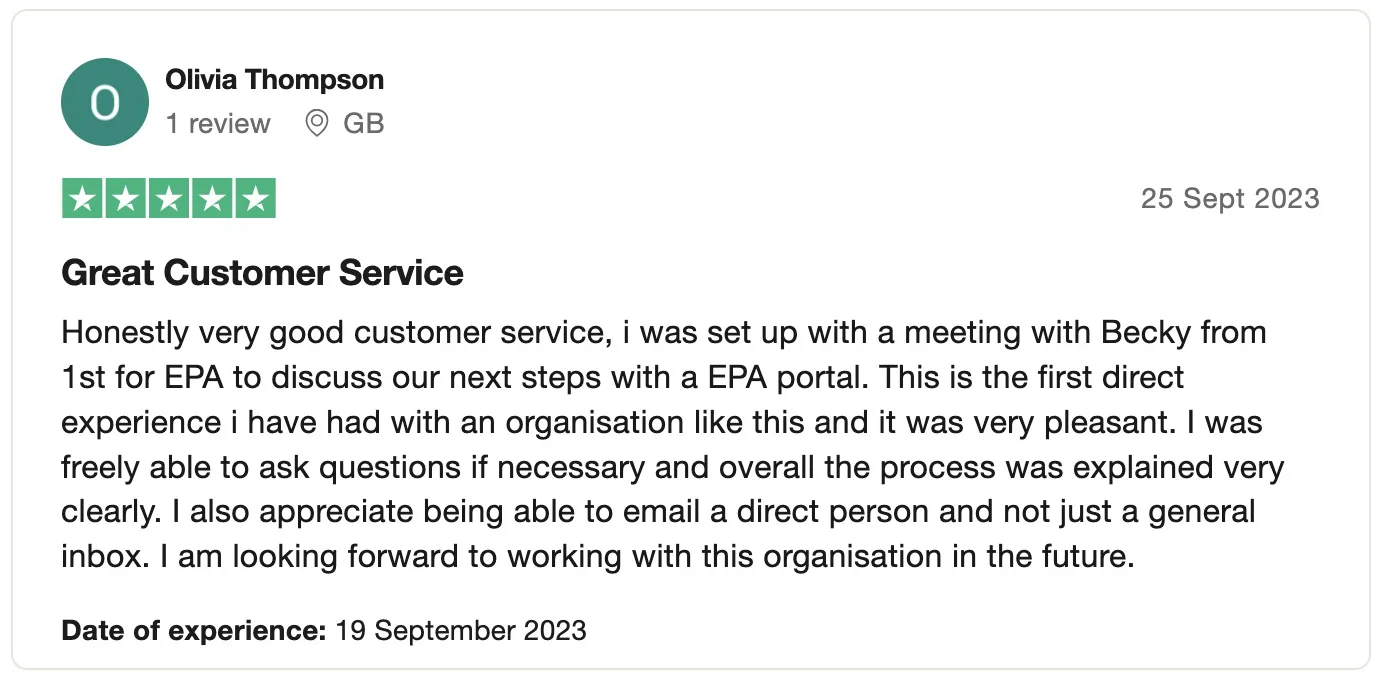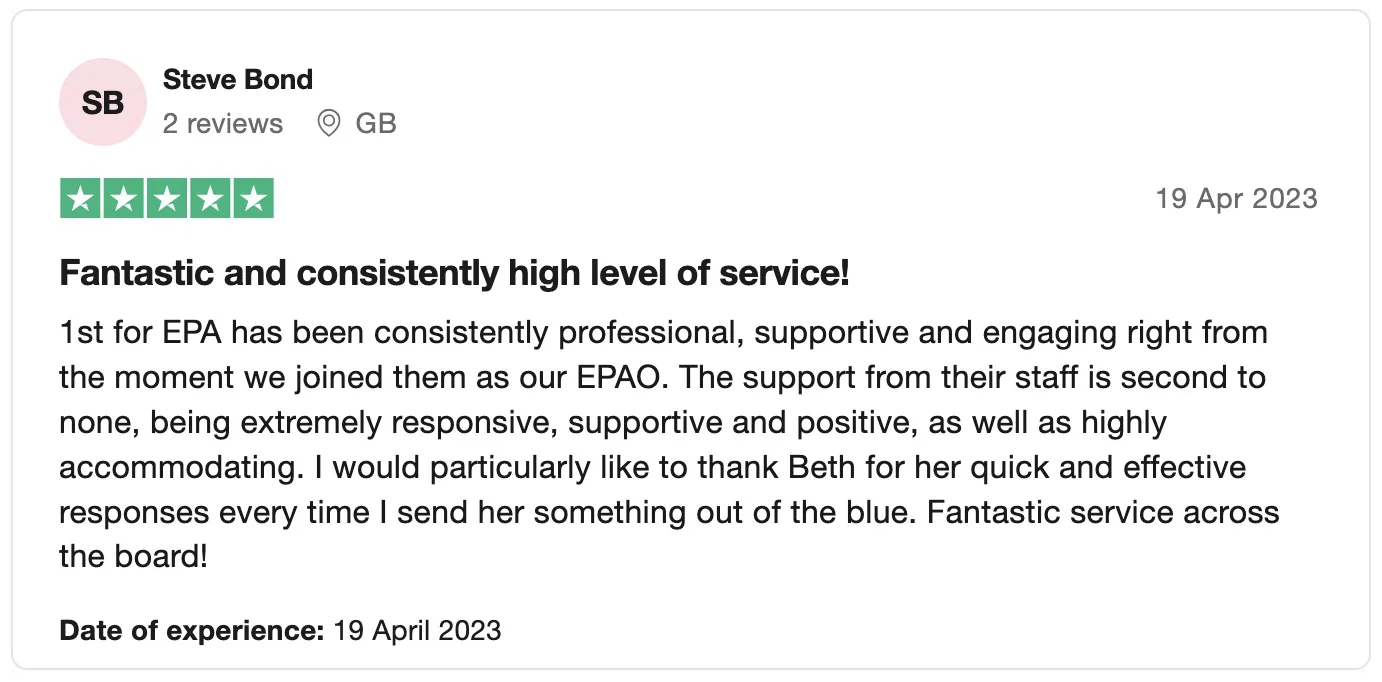Living on an apprentice wage
Living on an apprentice wage can be difficult. We’ve pulled together this advice to help you navigate through your apprenticeship on a low income.
Check you’re on the right wage
The current National Minimum Wage for apprentices is £4.81 per hour (as of April 2022), but many employers pay more than this. This rate applies to apprentices aged 16 to 18 and those aged 19 or over who are in the first year of their apprenticeship. The National Minimum Wage for apprentices usually changes annually on the 1st April.
If you’re aged 19 or over and have completed your first year, you’re entitled to the National Minimum Wage or National Living Wage rate for your age.
If you find you’re not on the right wage, you should speak to your employer (usually your line manager or HR department), or you can contact ACAS for advice.
If you’ve been underpaid previously, you should be able to claim any money owed from your employer.
Apprentice discount card
Make your money go further by applying for an NUS Apprentice Extra card through the National Union of Students. The NUS Apprentice extra discount card costs £11 for 1 year or £19 for 2 years. It offers apprentices many of the same discounts and benefits as other students, including discounts on travel.
Travel cards
If you travel by public transport, it may be worth looking into a weekly, monthly or annual travel card to save money. Check with your local public transport operators to see what’s available.
There are a number of different schemes available to support you financially while you are looking for an apprenticeship, and for when you have found one. You may qualify for:
- Access to discounted travel through the Jobcentre Plus Travel Discount Card scheme. This is run by participating Rail and Bus companies and entitles the cardholder to a 50% discount on participating routes. It is currently available to those unemployed claiming Jobseekers Allowance or Universal Credit for 3 to 9 months (18-to-24 year olds) or 3-to-12 months (over 25s). Other benefit recipients may receive a Jobcentre Plus Travel Discount Card from 3 months of their claim and if they are actively engaged with a Jobcentre Plus Work Coach. You should speak to your work coach or contact your nearest Jobcentre to find out more about the card, what travel discounts are available, and how to apply.
- Help with travel costs via the Jobcentre Plus Flexible support fund. This may be used at the discretion of the Jobcentre Plus work coach to help with the cost of travelling to an interview, training or for the first months of travelling to work if this would be a barrier which could prevent you from taking up the opportunity.
Employer discount schemes
Many employers offer their own benefits, discounts, and travel to work schemes. Check if your employer offers any and make the most of them. If your employer doesn’t offer any, and it could benefit several employees, you could raise the idea of introducing some.
Work-from-home savings
Working from home can be a positive or a negative for your finances – you don’t have to pay travel costs and can save money by making your own lunch, but you do have to heat your home and use electricity.
HMRC does allow some people to claim tax relief if they work from home – find more information here.
If you’ve been in local authority care
If you’re under 25 when you start your apprenticeship and have previously been in local authority care, you may be eligible for a bursary payment. Ask your training provider for more information about what you’ll get, if you’re eligible, and how to apply.
Use budget planners and tools
There are many tips, planners, and tools available to help you make your money go further. Some of the most popular are:
Check if you’re eligible for benefits
If you are already claiming Universal Credit or Tax Credits before starting your apprenticeship, you may still be eligible to claim these to help with your living costs. You may qualify for help towards childcare costs provided by the government. This will depend on your personal circumstances. Visit the benefits calculator on the GOV.UK website to find out how to check your eligibility.
Your earnings from your apprenticeship will be treated just the same as earnings from any other kind of employment. They will be taken into account when working out how much benefit you’re entitled to.
Need help with work clothes? There are also charities like Dress for Success and Suited and Booted that offer free work clothes and advice on presenting yourself.
Negotiate a pay rise
You may want to ask your employer for a pay rise. This could be especially timely if you’ve just passed a milestone in your apprenticeship, had a performance review, or are coming up to end point assessment (EPA), as you can use your performance to show your achievements and lead the negotiation.
You can use the Find an Apprenticeship service to see what other employers pay apprentices, though be mindful this will vary a lot by the job, level, location and exact requirements of the role.
Speaking to your employer about finances can be very nerve-wracking, so try to remain calm, prepare yourself and have your facts ready as to why you are discussing pay. You may find this article useful.
Practice mindfulness
It can be easy to feel down about finances, particularly with it being in the news and talked about so often. Try not to let money overwhelm you; there are organisations who offer support and resources should you need them.
Keep in mind that you won’t be living on an apprentice wage forever; you chose this apprenticeship because of the long-term potential for both a good wage and a lasting career. Knowing there’s an end in sight can relieve stress, and it may be worth discussing your progression options with your employer, so you know what to expect after you have completed your EPA and your apprenticeship.
In the meantime, if you find that money is on your mind too much, some mindfulness exercises may help you clear your head.
Further resources
Managing your money and debt can feel like a big task and having a plan in place can make it feel less overwhelming. You can find further resources for debt and money worries in this article.







